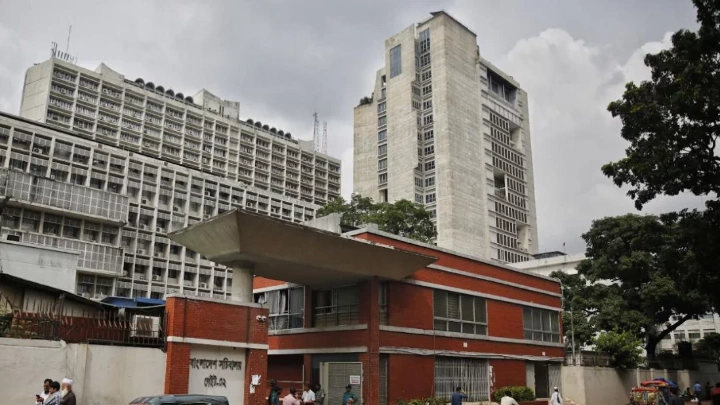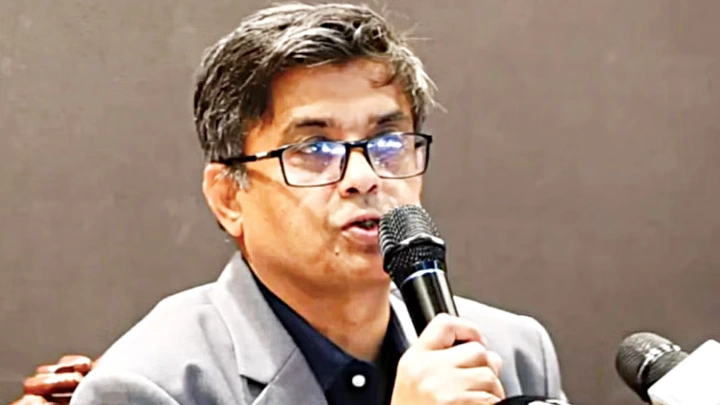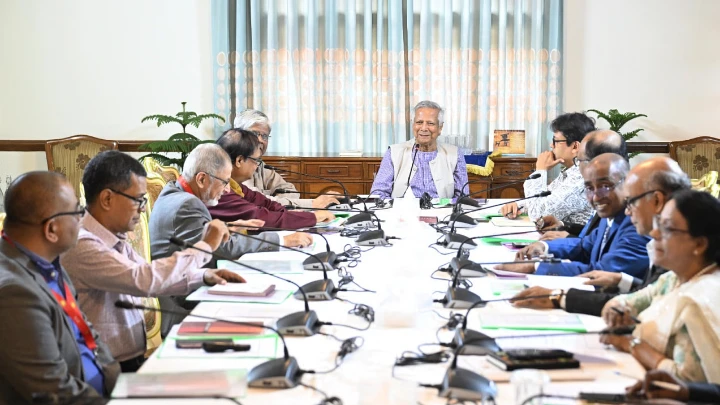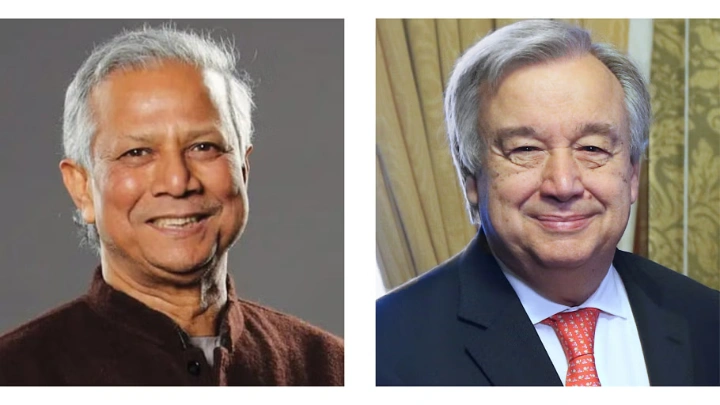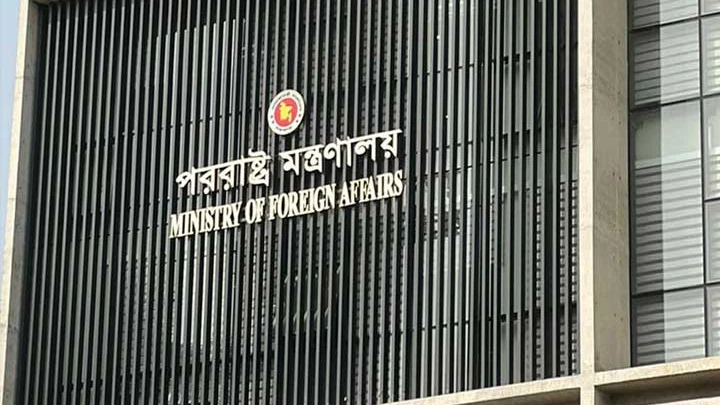Bangladesh bureaucracy faces fresh friction amid reforms
DhakaTribune || Shining BD
The government’s administrative machinery appears mired in perpetual turmoil, with challenges and disputes surfacing regularly.
These issues, spanning the corridors of the Bangladesh Secretariat and all the way to the grassroots field administration, have pushed the system toward stagnation.
Despite multiple interventions, including promotions, reassignments and policy adjustments, the situation remains unresolved.
A fresh crisis over promotions to Deputy Secretary positions now threatens to destabilize district and sub-district administrations, further compounding the problem.
After talking to government officials from various levels and backgrounds, it was learned that core issues such as streamlining public services, accelerating bureaucratic efficiency and curbing corruption have been neglected, leaving the system in disarray.
Persistent cadre conflicts
Sources within the administration attribute much of the unrest to inter-cadre disparities within the Bangladesh Civil Service (BCS).
The latest flashpoint stems from the Public Administration Reform Commission’s recommendation to reduce the administration cadre’s quota for Deputy Secretary promotions.
This proposal has incited protests from administration cadre officials, who have staged demonstrations at the Secretariat and voiced their grievances on social media.
Simultaneously, the Inter-Cadre Disparity Elimination Council, representing 25 other BCS cadres, has announced its own set of protest programs, escalating tensions further.
Years of indiscriminate promotions, mass reshuffles and unresolved grievances have left the administrative apparatus in disarray.
The Reform Commission’s draft proposals have exacerbated these challenges, fueling discontent and disrupting routine operations.
While some stakeholders hoped for stabilization following the change of government on August 5, 2024, the current situation suggests otherwise.
Promotions amid controversy
In an attempt to address grievances, the government has undertaken several rounds of promotions.
Data from the Ministry of Public Administration reveal that over the past four months, 23 officials have been promoted to Secretary, 17 to Grade-1, 135 to Additional Secretary, 228 to Joint Secretary and 134 to Deputy Secretary.
Additionally, 14 ministries have appointed Secretaries on a contractual basis.
However, this rapid pace of promotions has led to allegations of irregularities, with accusations that unqualified individuals have been elevated to critical positions.
Such decisions have sparked criticism and resentment among deserving officials who feel overlooked.
A particularly contentious issue has been the promotion of officials accused of misconduct or lacking relevant experience to sensitive posts.
For instance, appointments to key roles such as Food Secretary and Shipping Secretary were abruptly rescinded following widespread backlash.
This approach has not only undermined administrative efficiency but also eroded morale within the ranks.
Marginalized officials and reform efforts
The issue of marginalized officials has further complicated the administrative landscape.
Following the change of government, a committee led by former finance secretary Zakir Ahmed Khan was tasked with addressing the grievances of officials sidelined during the Awami League’s tenure (2009–2024).
Of 1,540 applications received, the committee recommended promotions for 764 individuals across various ranks.
While the recommendations were approved, they sparked new tensions, including protests and blockades targeting the Public Administration Secretary.
Despite these efforts, systemic challenges persist.
The indiscriminate nature of promotions and appointments has allowed some incompetent and corrupt officials to rise through the ranks, raising serious questions about the integrity of the process.
These issues have hampered decision-making and disrupted public service delivery, with significant implications for governance.
New flashpoints in reform proposals
The Reform Commission’s recommendation to alter the quota system for Deputy Secretary promotions has become a major source of contention.
Currently, 75% of these positions are reserved for the administration cadre, with the remaining 25% allocated to other cadres.
The proposed shift to a 50:50 ratio has provoked fierce resistance from administration cadre officials, who argue that such changes would undermine their influence.
Protests have erupted across the country, with demonstrations by District Commissioners and calls for reconsideration of the proposal.
Meanwhile, representatives of other cadres have welcomed the proposal, arguing that it addresses longstanding inequalities.
However, their celebrations have been tempered by the administration cadre’s vocal opposition, which has included strikes and human chains.
These competing demands have created an impasse, leaving the government struggling to mediate a resolution.
Broader implications and path forward
The turmoil within the administration has far-reaching consequences.
Stakeholders warn that ongoing unrest risks paralysing the entire system, undermining public trust and hindering effective governance.
Former cabinet secretary Mosharraf Hossain Bhuiyan emphasized the urgency of restoring stability, noting that the success of any government hinges on its ability to deliver quality public services.
“Administration is the heartbeat of governance. Disruptions here affect every aspect of the system,” he said.
The government’s task is further complicated by a history of discontent over cadre dominance and policy inconsistencies.
For instance, the 2018 merger of the Economic Cadre with the administration cadre remains a sore point for many officials.
The recent proposal to introduce competitive exams for promotions to deputy secretary and reduce the administration cadre’s quota has added fuel to the fire.
Field-level officials have also raised concerns. Deputy commissioners from Barisal and Rangpur divisions, speaking anonymously, urged the Reform Commission to consult stakeholders thoroughly before finalizing its recommendations.
They warned that ill-considered reforms could exacerbate existing problems rather than resolve them.
Shining BD

